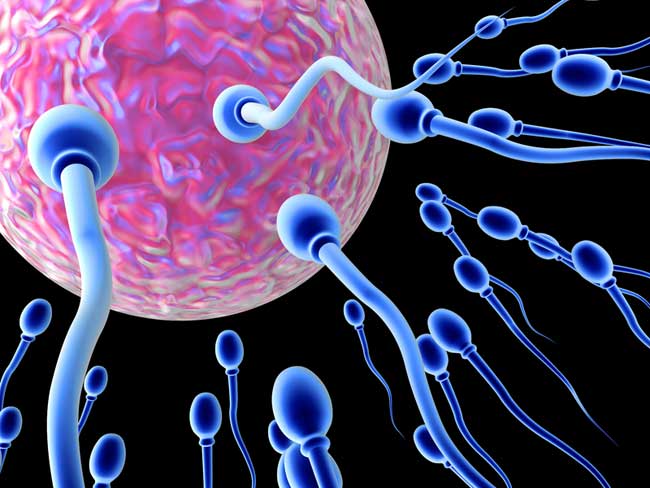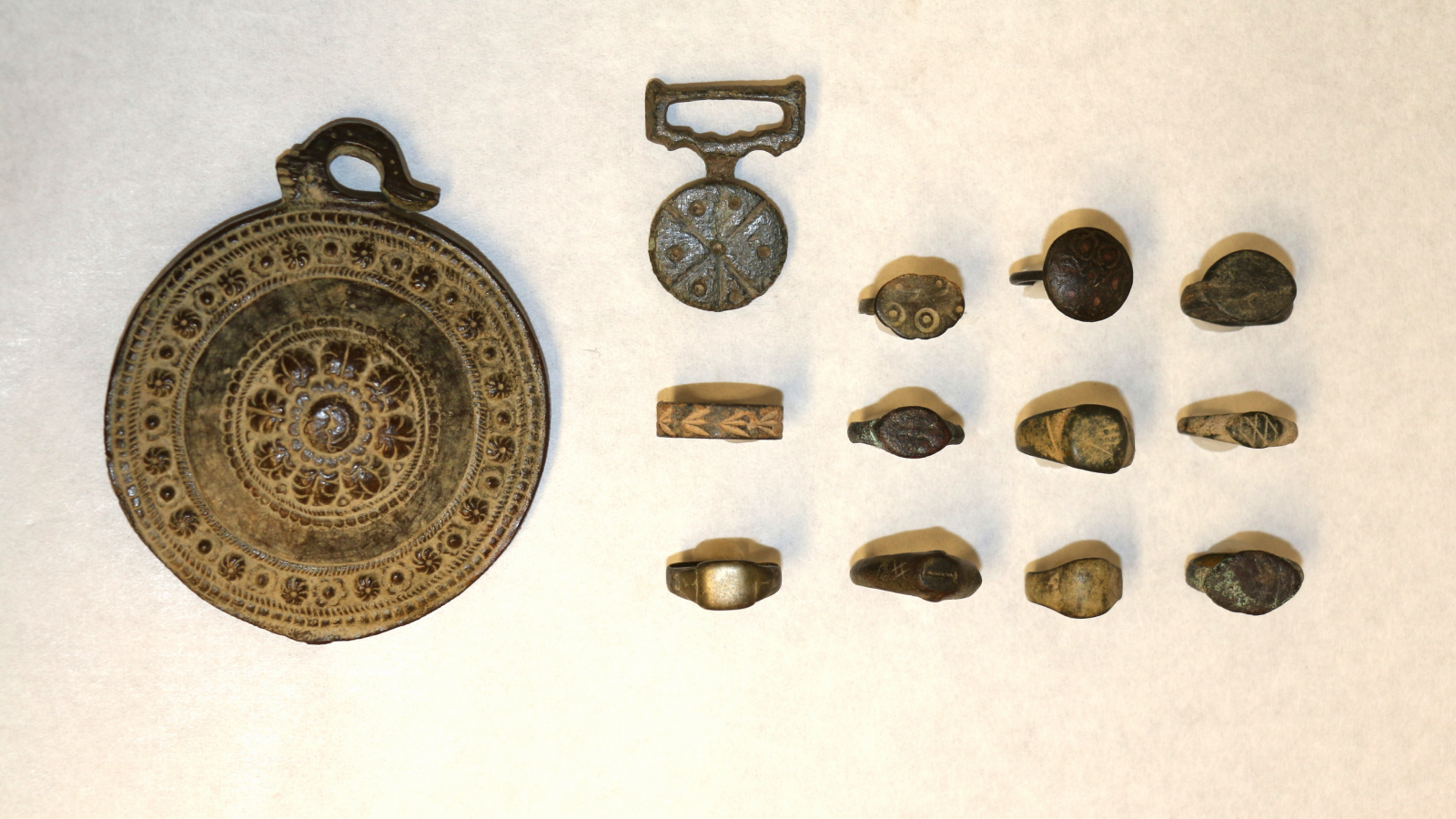Baby Born from Frozen Egg

The first baby created from an egg that had been matured in the laboratory, frozen, thawed and then fertilized, was born in Canada, scientists announced today.
The baby girl marks the first in what the scientists hope will be a viable option for women who become infertile due to certain types of cancer or polycystic ovary conditions in which liquid-filled sacs called cysts accumulate on the ovaries.
“It has the potential to become one of the main options for fertility preservation,” said study team leader Hananel Holzer of the McGill Reproductive Center in Montreal, Canada.
The breakthrough was presented at an annual meeting of the European Society of Human Reproduction and Embryology in France.
Growing eggs
Three other women are pregnant by the same laboratory technique. All are part of a clinical trial at the McGill Reproductive Center of 20 patients with an average age of 30 who were infertile due to polycystic ovaries.
The scientists collected nearly 300 oocytes (eggs before they have matured) from the patients and grew them in the lab for up to 48 hours before freezing them. It takes days for the same maturation to occur in a woman’s body, Holzer said. The eggs remained frozen for no longer than a few months before they were thawed.
Get the world’s most fascinating discoveries delivered straight to your inbox.
Of these, 148 eggs survived the thawing process and were fertilized with a type of sperm-injection technique. Then, 64 embryos were transferred to the patients. Since in-vitro maturation is known to have low rates of implantation, the scientists transferred more than one egg to each patient.
With the exception of one pregnancy, the resulting pregnancies were for single maturing embryos. The scientists attribute their success to some tweaks they made to the medium in which the immature oocytes were matured in the laboratory.
Lab hope
Under some circumstances, women don’t have time to undergo so-called ovarian stimulation in which hormones trigger egg maturation. Also, for certain types of cancer, such as oestrogen-receptor-positive breast cancer, hormone stimulation can aggravate the disease. This freezing technique would allow the preservation of immature eggs.
“Freezing a woman’s eggs (or oocytes) has become an important and integral part of fertility treatment,” Holzer said. But until now, scientists didn’t know if immature eggs could be collected from unstimulated ovaries, successfully matured, frozen, thawed, fertilized and transferred into a woman’s body for a viable pregnancy.
Holzer warns the research is still in its early stages and it hasn’t been proven to work in cancer patients.
“As for all methods for fertility preservation, they should be looked at as preliminary and experimental,” Holzer said. “We need to inform the patients about the early stage of these treatments without giving any false hopes.”
Jeanna Bryner is managing editor of Scientific American. Previously she was editor in chief of Live Science and, prior to that, an editor at Scholastic's Science World magazine. Bryner has an English degree from Salisbury University, a master's degree in biogeochemistry and environmental sciences from the University of Maryland and a graduate science journalism degree from New York University. She has worked as a biologist in Florida, where she monitored wetlands and did field surveys for endangered species, including the gorgeous Florida Scrub Jay. She also received an ocean sciences journalism fellowship from the Woods Hole Oceanographic Institution. She is a firm believer that science is for everyone and that just about everything can be viewed through the lens of science.


